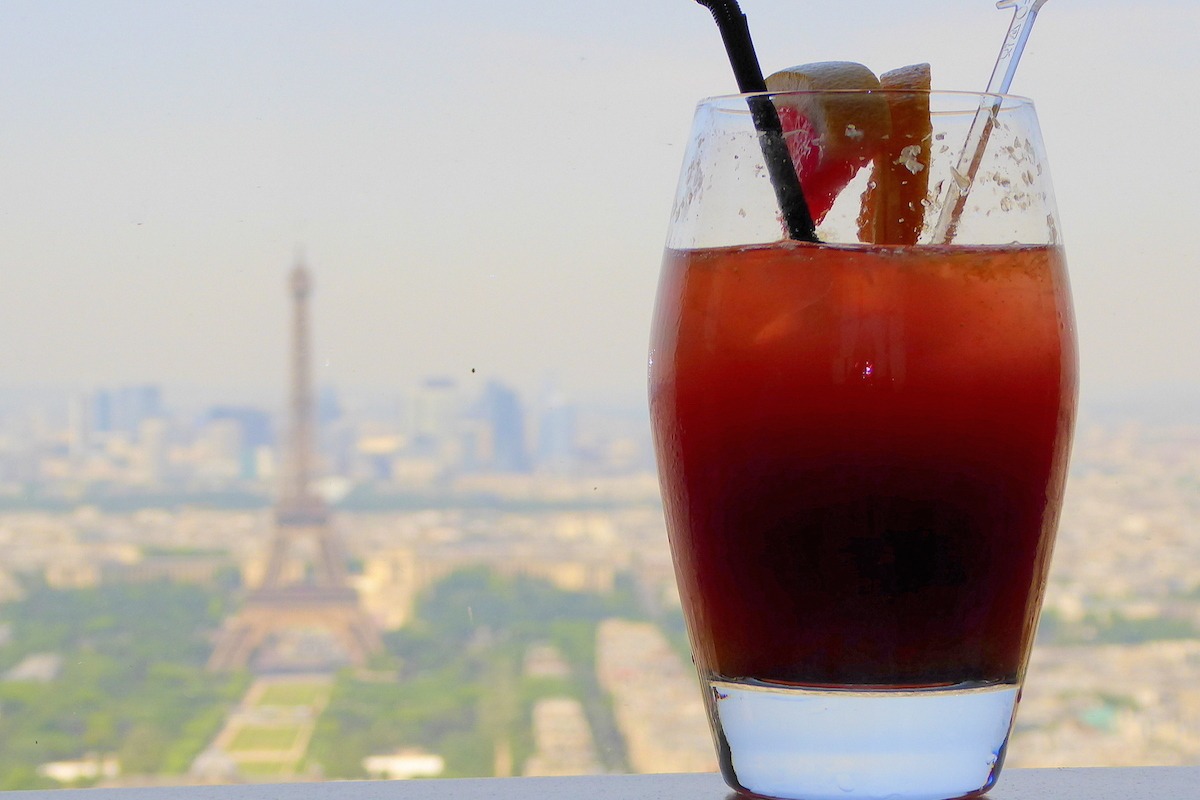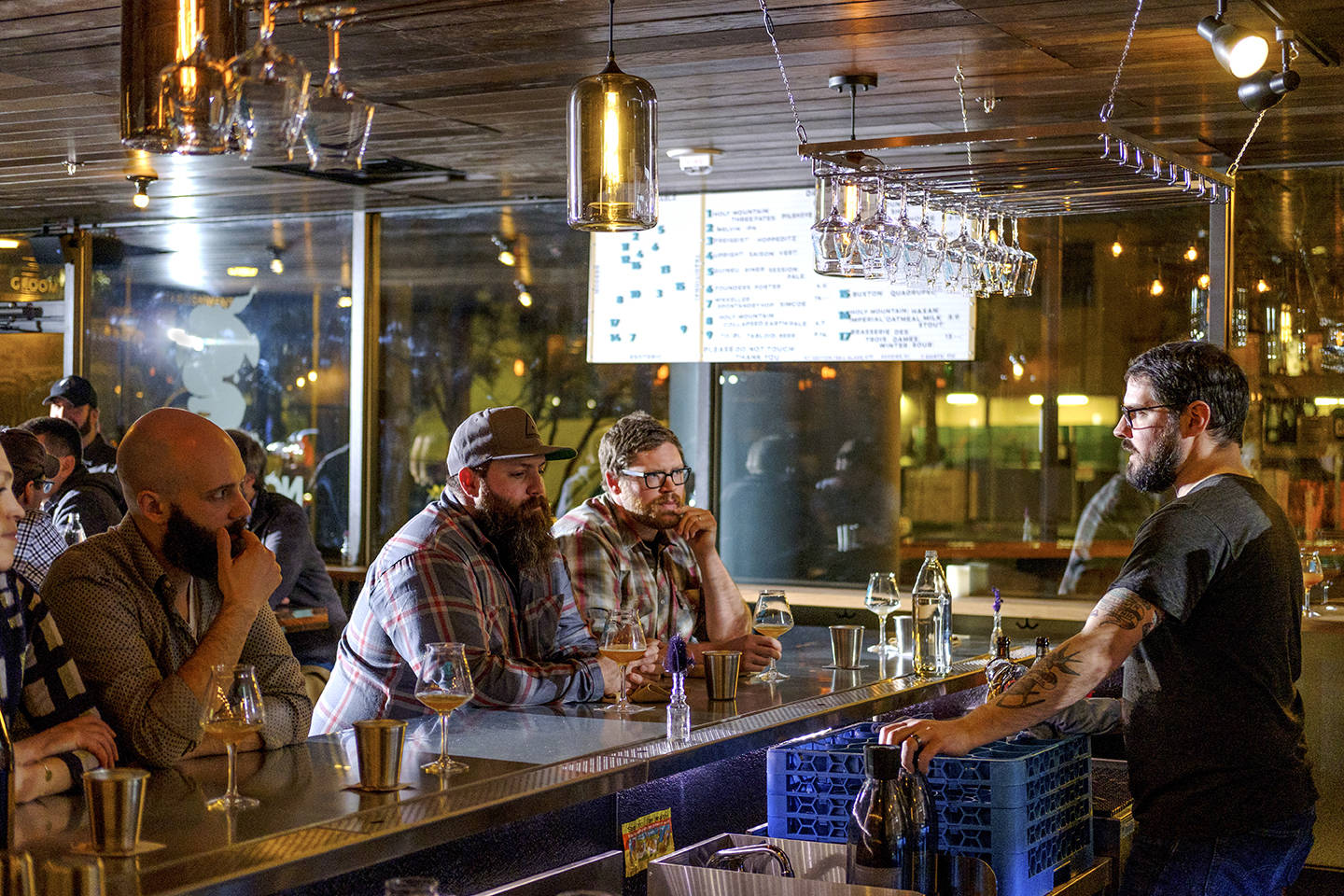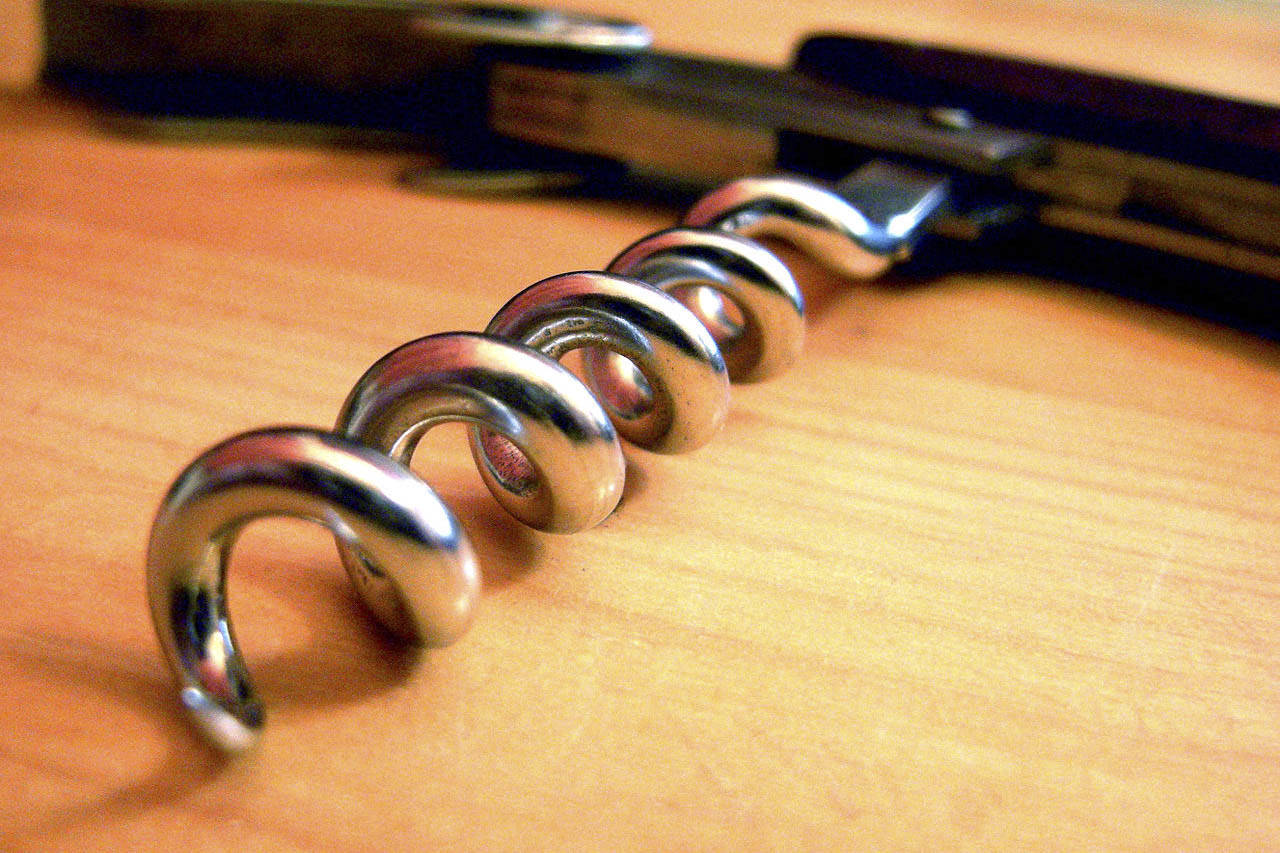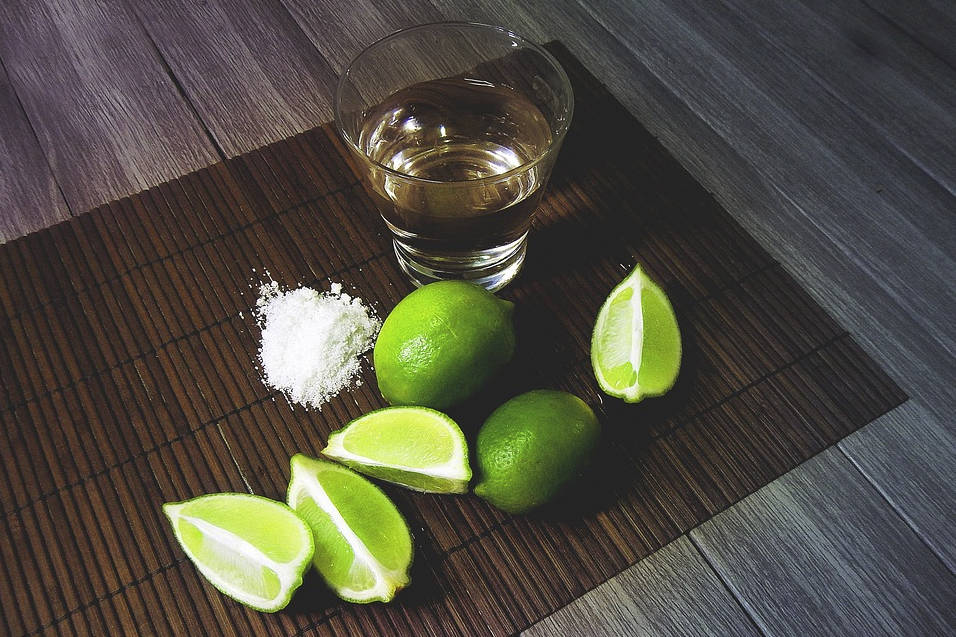I’ve written before about how fortunate we are in Seattle to have such a vibrant cocktail culture, and after spending three weeks in Europe, that belief is all the stronger. Paris and Rome might be global cities of great beauty and history, bursting at the seams with delicious food and wine, but holy shit is it hard to get a good cocktail! With disappointingly few exceptions, what passes for a cocktail list looks like it was ripped from the 1980s (Sex on the Beach enthusiasts, get thee to Europe) or borrowed from the worst excesses of 2000s frat culture (Red Bull executives, breathe a sigh of relief).
Not that I was expecting to find great drinks in every last cafe and trattoria, but the fact that the few bars that were recommended to me were scattered throughout both cities, with no real nexus and few options to bridge the gap, stunned me. How could these people whose love for great food and drink is the stuff of legend willingly order and consume orange juice mixed with amaretto or Midori Sours? Could it be that we Seattleites are actually far more sophisticated?
Well, I think the answer is both yes and no. There’s no doubt that the United States is in many ways the industry leader when it comes to modern mixology. Much of what we consider modern bartending arose within the U.S., spearheaded by pioneering bars in New York and San Francisco and then extended to bars around the country. Today you can set foot in almost any city and more than a few towns and see the hallmarks of a bar that takes cocktails at least somewhat seriously: rows upon rows of bitters, high-quality bar tools, fresh citrus for garnishes, and the like.
Yet there must be a reason why none of this has really taken root in France or Italy. My best guess is two reasons, largely interrelated. First, drinking is cheap in Europe—much cheaper than in the U.S., especially when it comes to wine and spirits. A glass of wine can cost as little as two Euros, and a shot of many spirits checks in at five or less. As a result, there’s not the same incentive for bars and bartenders to “add value” to an experience by combining ingredients in a novel fashion; the time it takes to train someone to make a proper cocktail just won’t result in much increased profit.
The other is that, from what I can tell, the French and Italians are a lot less discerning than we imagine. Sure, they drink a lot, and amazing wines and spirits are made in those countries, but the average Parisian or Roman is happy drinking the house wine for all but special occasions. The culture of consumption might be broader here, but the culture of connoisseurship is actually much stronger, at least in some circles. So if you’ll excuse me, it’s long past time to get a proper drink.
barcode@seattleweekly.com








